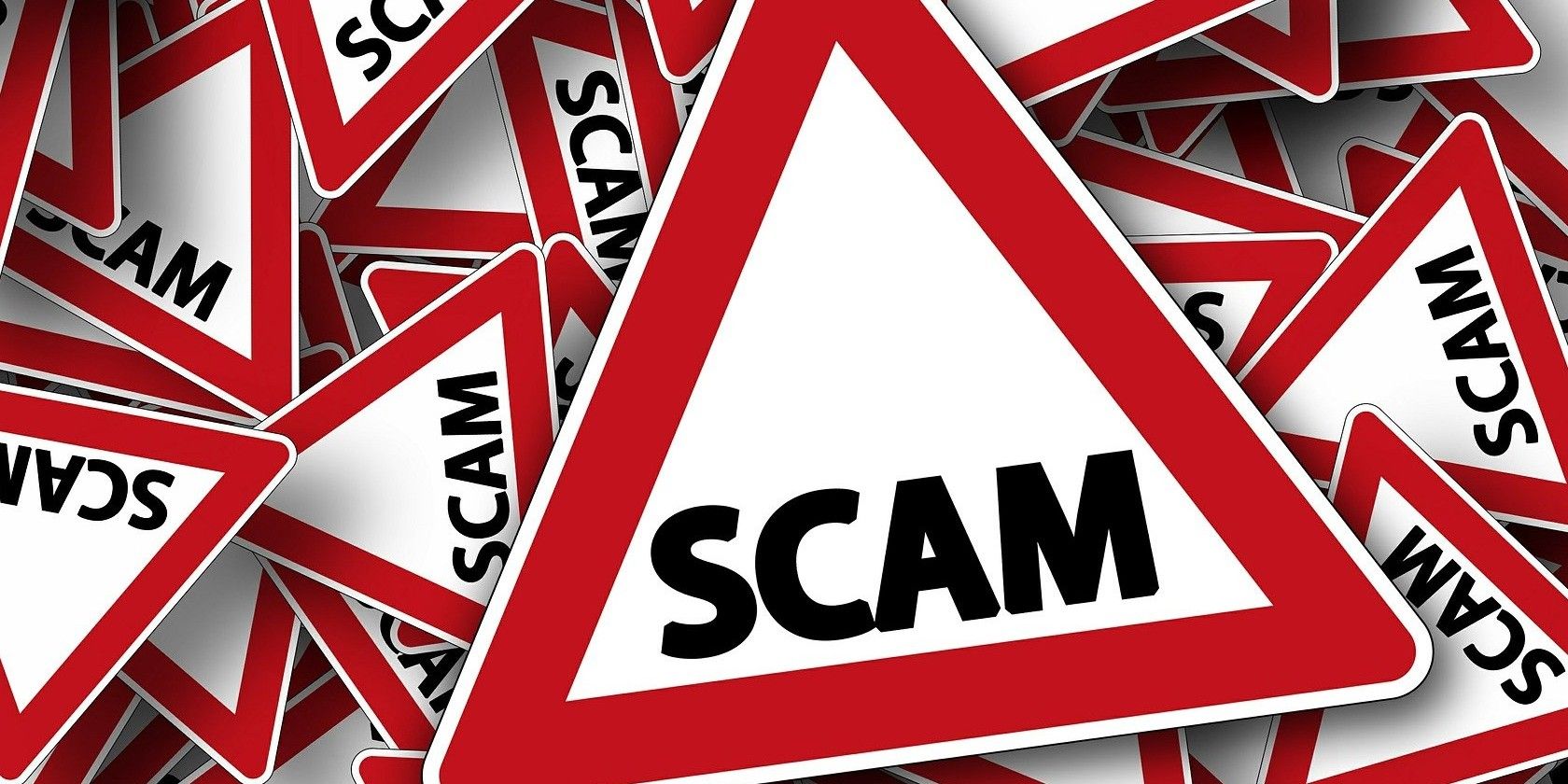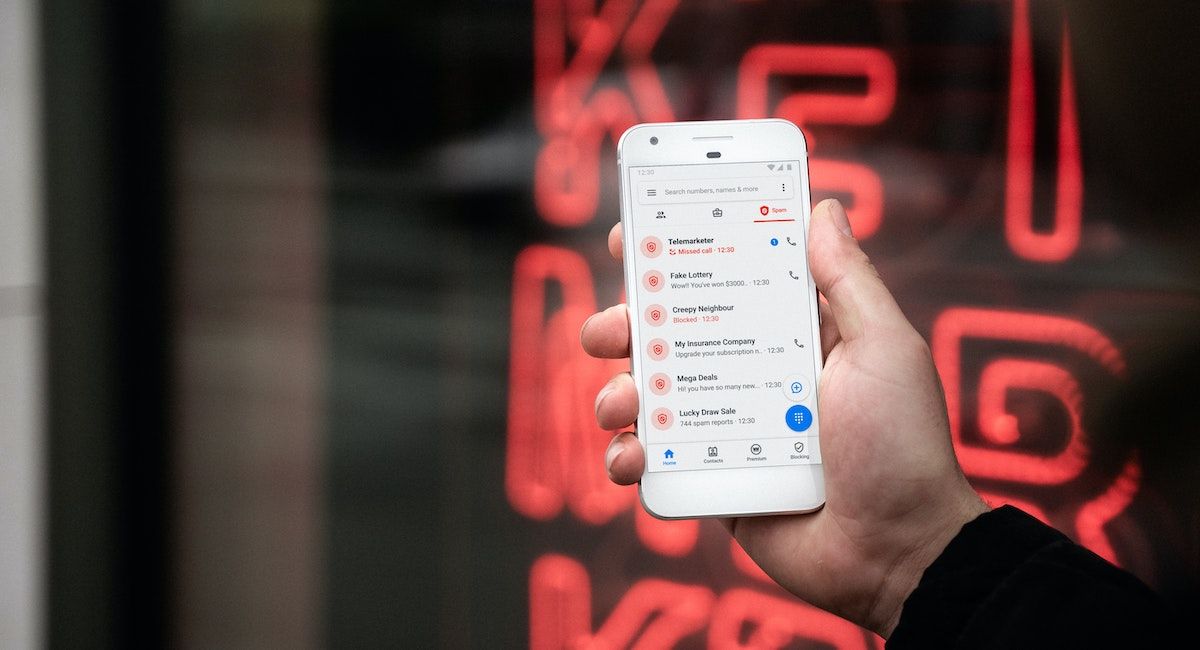Receiving calls from phone numbers that mimic your own? The chances are that it's a scammer using the neighbor spoofing method to lure you into a malicious scheme or to obtain your personal information.
So what exactly is neighbor spoofing? How do scammers ring from numbers similar to your own? And can you do anything to stop it?
What Is Neighbor Spoofing?
Scammers use various spoof ways to trick people into answering their calls. NPA-NXX spoofing, otherwise known as neighbor spoofing, is one of those methods.
The main idea behind this form of spoofing is to make unsolicited calls from phone numbers that are similar to the person's number that they are trying to reach. Usually, such phone numbers will have your area code and will mimic your own phone number.
Will you answer a call from an unknown phone number? Maybe not. But what if it's a number with your area code? In such a case, people will rarely think that it's a spam caller trying to reach them, so they'll probably pick up.
Then scammers and telemarketers get exactly what they want—your time and attention.
Is Neighbor Spoofing Dangerous?
You might be asking yourself, what's the harm? Are spoof callers dangerous?
It depends on what type of spam caller you're dealing with.
If it's a person that's aiming to obtain your personal information, then you can get yourself into a lot of trouble when answering such a call. But if it's a robocall or simply a telemarketer trying to reach you, you'll just get annoyed.
How Can Someone Call From a Phone Number Similar to Mine?
Spam callers, telemarketers, or any other persistent parties apply different approaches to ensure that the person they're calling believes that it's a legitimate phone number and answers their phone.
First, fraudsters collect usable phone numbers. For example, they can get your phone number after you filled an online registration form, signed up for a site, etc. Then they use third-party software to generate a phone number similar to yours and use it to call you.
Why Do Scammers Use the Neighbor Spoofing Approach?
Scammers prefer the neighbor spoofing method since the chances of them reaching you are higher when you see an unknown phone number with your own area code calling you rather than a suspicious one from elsewhere.
Why would someone go to all that trouble? Here's what scam callers that use the neighbor spoofing method may want from you:
- To steal money. This is the most obvious reason why scammers may contact you. They pose as banks and try to get your bank account or credit card details.
- To demand immediate payments. The scammer may be impersonating federal agents to threaten you with a lawsuit unless you make an urgent payment.
- To ask for a donation. You may get a call asking you to make a charitable donation. This scam type is highly popular around the holidays.
- To get access to your computer. The scammer will say that they are from a computer company and that they noticed that your device has a complex issue that needs to be resolved immediately. They will tell you that, if you give them access to it, they can solve that issue for free. Since our devices store plenty of important information, by granting access to it, a scammer can steal that or even lock down your whole system by installing ransomware.
How to Protect Yourself From Neighbor Spoofed Calls
It's almost impossible to completely protect yourself from getting these calls.
However, there are some actions that can minimize the chance of something like this happening.
- Add your phone number to the National Do Not Call Registry. This is a list managed by the nation's consumer protection agency and will prevent you from receiving calls from telemarketers. However, this won't shield you from fraudsters since they don't exactly follow the law!
- Don't answer calls from numbers that are not on your contact list. If a person is actually calling you with some important information, they will likely leave you a voicemail.
- Contact your phone carrier for more options. Most providers offer additional services that can protect your number from fraudulent calls.
There are also other ways to protect your phone from scam callers depending on what phone you're using—iPhone, Android, or a home phone. For example, if you have an iPhone, you can enable the Silence Unknown Callers feature to block all unknown calls and redirect them straight to voicemail.
What to Do If You Answered a Neighbor Spoofed Call
When you have reasons to think that a scam artist is trying to get in touch with you, don't answer the call. But if you did, they will be notified that your phone number is active and will probably dial you again.
If that ship has sailed and you answered such a call, you can make sure you don't make matters worse:
- Immediately hang up. When instead of the voice of your friend, or someone familiar to you, you hear a voice of a stranger, end the call. And if it is actually someone with an important message calling you, they will dial again and leave you a voicemail. Also, trying to scare off the scammer is pointless.
- Never give any personal details or follow the caller's instructions. Clicking on a link that they send you after you finish the call or even saying "yes" may cause a lot of trouble.
- Double-check whether the call is legitimate. If the scammer says they are calling from your bank or any other organization, just hang up and call that company by yourself using a different phone (in case the fraudster left the line open).
Remember: scam callers may sound very professional and convincing, but you need to remain skeptical at all times.
Be Careful With Incoming Calls From Unknown Phone Numbers
Telephone scam is a real issue these days, and neighbor spoofing makes it harder to differentiate a trustworthy call from a scam one.
Not every unknown phone number calling you is coming from a fraudster. But still, even when you receive an incoming call from your area, you should be extremely careful and think twice about whether you should pick up the phone or send the call to voicemail.




